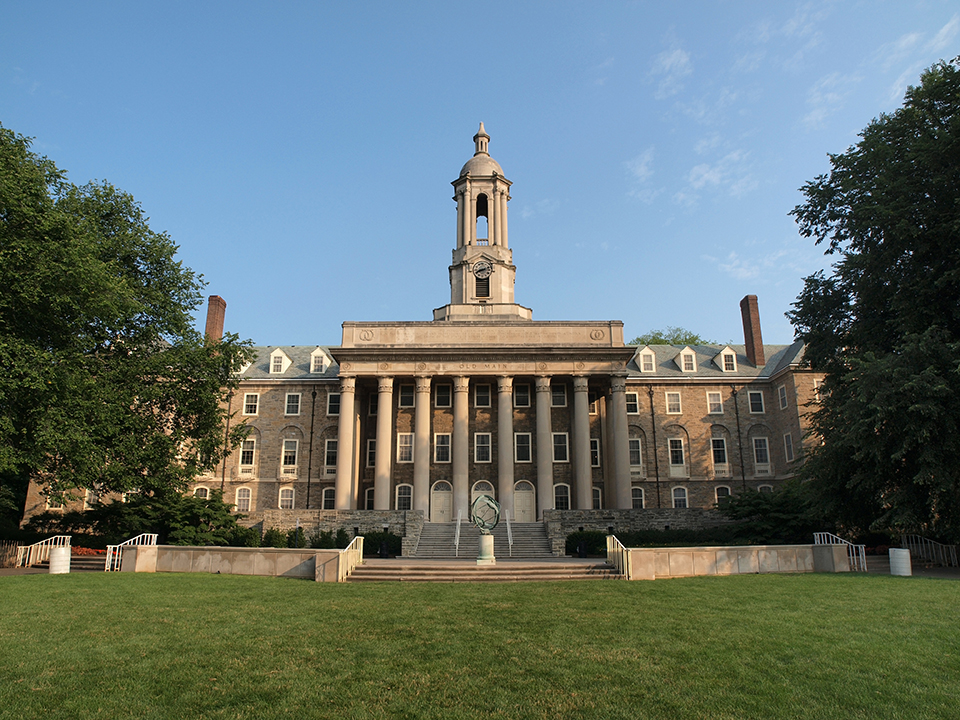On April 12, 2018, the DOL issued a new Fact Sheet regarding overtime pay in higher education institutions under the Fair Labor Standards Act. The Fact Sheet provides guidance regarding the common exemptions applicable to Institutions of Higher Education (IHEs). Following are key highlights of the guidance.
Teachers: The “Teachers” exemption applies to those individuals whose “primary duty is teaching, tutoring, instructing, or lecturing to impart knowledge” on behalf of an educational establishment. Professors, instructors, and adjunct professors general qualify as exempt under this standard. The “Salary Basis Test” and its general rule that the employee receive a minimum salary of at least $455 per week is not required for employees meeting the “teacher” exemption.
On-Line Educators: Faculty members that teach on-line or remotely may also qualify for the teacher exemption, without regard to the number of hours they work, so long as their primary duty is to provide instruction.
Coaches: Coaches whose primary duty is instructing student-athletes in performing their sport will likely qualify for the teacher exemption. However, a coach whose primary duty is recruiting student athletes will not. Faculty members do not lose their exemption merely because they also serve as a coach, so long as their primary duty is still teaching.
Professional Employees: Learned Professionals, such as CPAs, psychologists, certified athletic trainers, and librarians may all be exempt under the FLSA as long if they meet the three pronged “Learned Professionals” test: (1) primary duty is the performance of work requiring advanced knowledge; (2) advanced knowledge is in a field of science or learning; and (3) advanced knowledge is customarily acquired by prolonged course of specialized intellectual instruction. All Learned Professionals must also meet the Salary Basis test unless they are teachers, or practicing law or medicine.
Administrative Employees: Administrative employees, such as admissions counselors and financial aid officers, may be exempt if they meet the three-part test: (1) Salary Basis Test; (2) primary duty is performance of office or non-manual work directly related to management or general business operations; and (3) primary duty must include the exercise of discretion and independent judgment with respect to matters of significance.
Academic Administrative Employees: Those employees who work for IHEs or schools and whose primary duty is “performing administrative functions directly related to academic instruction or training in an educational establishment” may be exempt if they meet the two-part test: (1) either the Salary Basis Test or receive a salary of at least the entrance salary for teachers in the same institution; and (2) primary duty must be to perform administrative functions directly related to academic instruction or training in an educational establishment. Common examples include department heads, academic intervention specialists, and academic counselors.
Executive Employees: Deans, department heads, directors and other senior supervisors often meet the executive employee exemption test. To qualify, the employee must meet the four-part test: (1) Salary Basis Test; (2) primary duty must be managing the enterprise or department; (3) employee must regularly supervise two or more full time employees or their equivalent; and (4) must have the authority to hire/fire employees or their recommendations on hiring, firing, advancement, promotion, etc. must be given particular weight.
Student Employees: The DOL outlined several examples of students who often qualify for one of the exemptions: Graduate Teaching Assistants; Research Assistants who are not “employees” even though they may receive a stipend; Student Residential Assistants who are not employees even though they may receive reduced room/board or tuition credits.
Click here for a pdf of the full Department of Labor Fact Sheet on overtime pay in higher education institutions.
Pittsburgh Labor and Employment Attorneys
Frank Botta has extensive experience in advising companies regarding labor and employment matters. Please contact Frank at (724)776-8000 or fbotta@lynchlaw-group.com for guidance regarding the exemptions for overtime pay in higher education institutions or for assistance in understanding the current state of employment laws, rules and regulations.





